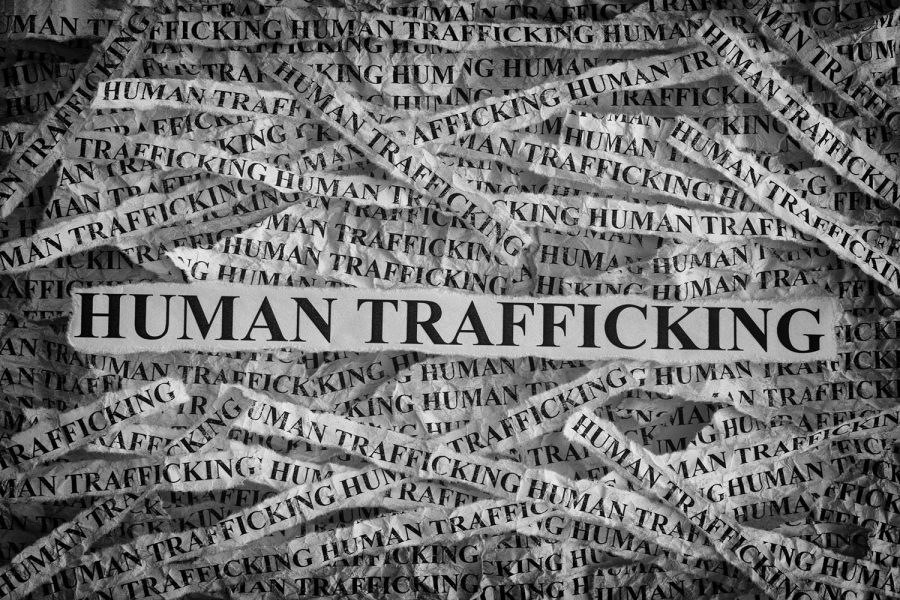Opinion | It’s time to learn about Dressember
December is Human Trafficking Awareness month and organizations like Dressember help to bring it into the public eye.
December 6, 2020
What is human trafficking? The United Nations has identified three elements to its definition: the act, pertaining to what is done; the means pertaining to how it is done; and finally the purpose of exploitation.
These three parts lead to stripping people of their human rights for unthinkable acts such as prostitution, sexual exploitation, and slavery.
The pandemic has heightened the severity of this issue. For example, school closures that have increased the use of online learning have led to the increase of risk of trafficking situations which has played a part in the increase in reports of online exploitation from 2 million to 4.2 million reports to the National Center for Missing and Exploited Children between March and April.
Organizations such as Dressember have taken this month to fundraise — individuals who want to help wear a dress or suit and tie every day of December and post online about it to raise money and awareness.
Human trafficking is a global issue that we need to educate ourselves on and take action. We can spread awareness and contribute to organizations working to end it.
Iowa is known for its label as a ‘hotspot’ for recruitment. In fact, Des Moines in 2016 was identified in the top 100 human trafficking sites.
However, Iowa isn’t the only place where human trafficking occurs. Neither is the U.S. This isn’t just one country’s problem — it’s a global problem. More than 40 million people in our world are victims of human trafficking, and one in four of them are children.
So why should we care? Imagine your child, sibling, or friend being taken from you and abused and used as property in an industry that is making around $150 billion a year. Wouldn’t you want someone to help, and more importantly wouldn’t you want someone to stop it?
This is the exact situation that millions of families are facing around the world, and we have empathy and resources to help them to save their loved ones. But it’s not just about saving and helping survivors. It’s also about preventing people from becoming victims.
The first step to making a difference is educating yourself. If this is the first time you are hearing about the severity of human trafficking, documentaries such as “I am Jane Doe” and “The Dark Side of Chocolate” inform about the horrors victims are facing today.
Websites and organizations such as the Iowa Network Against Human Trafficking provide resources — blogs with topics like recognizing signs, where to go for help, and updates on statistics and legislative laws.
The next step is to decide how to take initiative. One method is considering donating to fundraisers like Dressember where money goes to a variety of organizations, including Willow International and The Freedom Story that help survivors and advocate for stronger practices to prevent recruitment.
However, it’s understandable that not everyone has the ability to donate. Another way we can take initiative is by spreading awareness between posting on social media and starting conversations with friends and family.
It doesn’t cost anything to post an Instagram story or send a text to a friend that will educate them on the issue and resources to help.
Human trafficking is a global problem that needs to end. We must all take part in educating ourselves, donating money, or spreading awareness that helps survivors and strengthens prevention. At the end of the day, any one of us could become victims. It’s time to help survivors who need us, and it’s time to have conversations that will promote prevention.
Columns reflect the opinions of the authors and are not necessarily those of the Editorial Board, The Daily Iowan, or other organizations in which the author may be involved.



